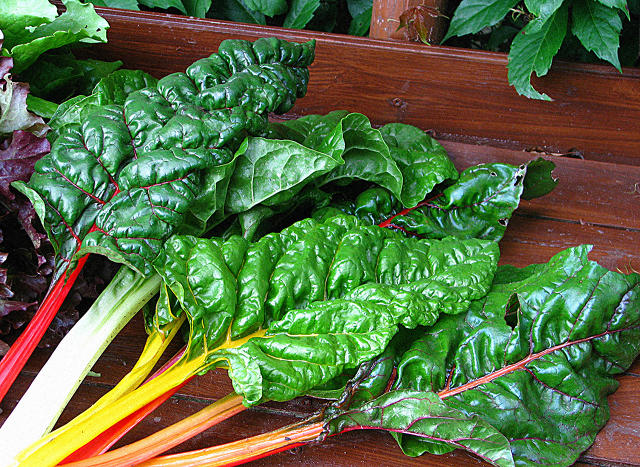Americans Will Pay More For Organic, But They Also Have No Idea What “Organic” Means
The food marketers have won.
Young American consumers care about their food, but they’re also entirely baffled by what they’re eating. When brand consultancy BFG surveyed 300 shoppers in late September, they found that nearly 70% were buying some organic food, but only 20% thought they could define what “organic” means.
BFG, whose survey respondents were mostly under 35, found that more than half qualified as “concerned, but confused.”
“What I think we’re seeing in grocery stores is that consumers are ultimately idealists,” explains BFG CEO Kevin Meany. “They desire honesty. They want to believe. They trust the label, and they’re willing to pay more based on that for something like ‘all-natural’ even though they’re not totally sure what it means.”

Major grocery chains like Whole Foods and Trader Joe’s have been slapped with lawsuits in recent years over the frequent use of “all natural,” “natural,” and “organic” labeling on products with questionable ingredients. The FDA does regulate these terms, but consumer advocacy groups point out that the agency’s definitions are fairly loose. Nevertheless, the appeal of authentic food has grown so much in recent years that even products like Kraft Singles are getting the farm-fresh branding treatment—even if marketers have to skirt around the technical limitations of a cheese “product” (rather than actual cheese).
More than 70% of BFG’s survey respondents said that they agreed some food labels were meaningless, but 37% said they still “trusted” the label’s intent. Similarly, 59% of respondents said they were concerned about genetically modified organisms (GMOs), but only 32% could define what a GMO was. Then again, that shouldn't come as much of a surprise. Last month, Jimmy Kimmel put a spotlight on American cognitive dissonance when he interviewed GMO-eschewing patrons of a farmers' market on what "GMO" meant. "Genetically monit... I don't know, what is it?!" They didn't do so hot.
“I think there’s a constant throughout all this, and it’s indulgence,” Meany says. “Of the two extremes, indulgence [can be] super clean foods, organic, locally sourced. And on the other side, there’s just, ‘I’m going to Carl’s Jr. and get a thickburger and love it.’ They’re both basically consumer indulgences. and marketers are smart.”
Just because consumers are indulgent doesn’t mean they’re gullible. Meany believes that organic and all-natural hype will eventually fade in favor of labeling that actually tells the truth. “Those brands that truly have a point of difference, if they can communicate that clearly and prove it to the consumer, they will have a distinct advantage,” he says.
No comments:
Post a Comment